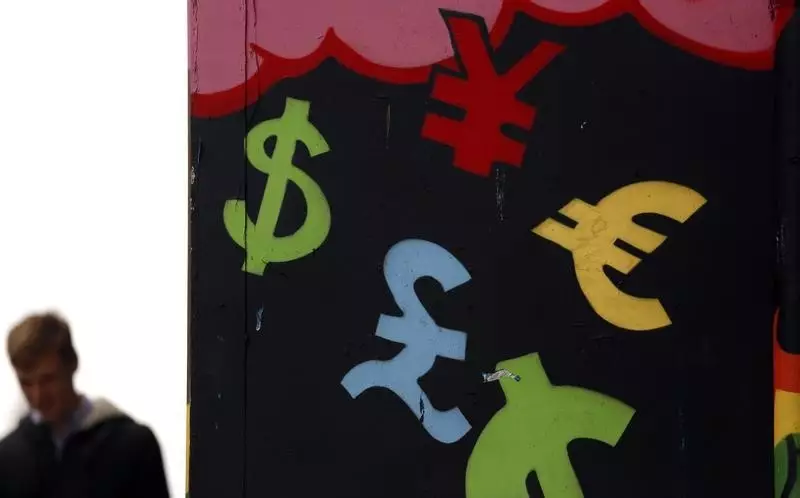The recent telephone conversation between U.S. Secretary of State Marco Rubio and Vietnamese Deputy Prime Minister and Foreign Minister Bui Thanh Son shines a light on evolving U.S.-Vietnam relations. This dialogue marks a significant moment under the new Biden administration, celebrating three decades of partnership while addressing pressing challenges posed by the dynamics of trade and security in the Asia-Pacific region.
In their call, both diplomats reminisced about the milestones achieved through the Comprehensive Strategic Partnership established in 2023. This partnership showcases a mutual commitment towards enhanced diplomatic and economic cooperation. However, this celebration is tempered by the stark reality of a staggering trade deficit—the U.S. trade gap with Vietnam surpassed $110 billion in the first eleven months of 2024. This figure not only highlights the economic interdependence but raises alarms regarding the sustainability of this partnership given the significant pressures emanating from trade imbalances.
Trade Imbalance: A Looming Threat
Rubio’s urging for Vietnam to address this trade imbalance is crucial. Analysts fear that the large deficit exposes Vietnam to potential punitive measures from the U.S., such as the imposition of tariffs—a concern amplified by the previous administration’s rhetoric on trade. Despite Vietnam’s status as a vital U.S. ally, particularly in countering China’s aggressive moves in the South China Sea, economic factors cannot be overlooked. The nearly 18% surge in trade deficit year-over-year indicates an increasing dependence on exports, making Vietnam vulnerable to the trade tensions that could arise from altered U.S. trade policy.
The dialogue also brought the spotlight on shared concerns regarding China’s assertiveness in the region, particularly its territorial claims in the South China Sea. Both nations recognize that securing maritime routes is crucial not only for their economies but for regional stability. As Vietnam navigates its complex relationship with China—balancing between cooperation and competition—its partnership with the U.S. serves as a counterbalance against Beijing’s dominance.
Vietnam’s role as the U.S.’s largest trading partner in Southeast Asia is underscored by the presence of major American multinationals like Apple, Google, and Nike in the country. These companies have increasingly shifted operations to Vietnam, capitalizing on its favorable labor conditions and trade agreements. This economic synergy has fostered growth within Vietnam but simultaneously perpetuates the cyclical nature of U.S. trade deficits that concern policymakers in Washington.
The call between Rubio and Bui Thanh Son signifies an intent to maintain a robust partnership amidst evolving geopolitical landscapes and economic pressures. However, for this relationship to thrive, both nations must navigate the murky waters of trade imbalances and regional security with astute diplomacy. As global dynamics shift, the necessity for collaborative strategies that bolster economic equity while addressing security concerns becomes imperative for a sustainable future in U.S.-Vietnam relations.

